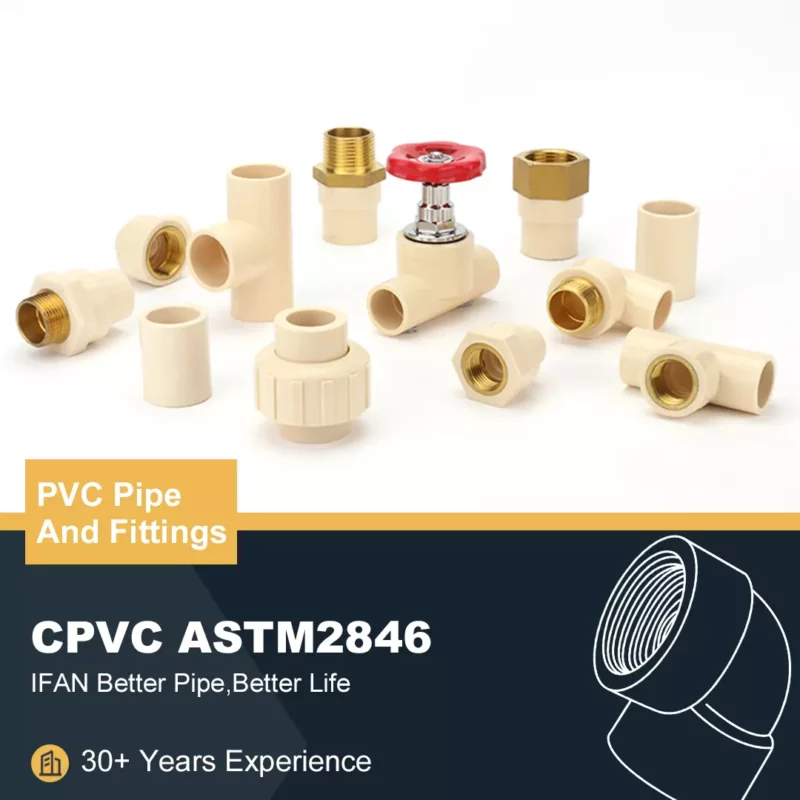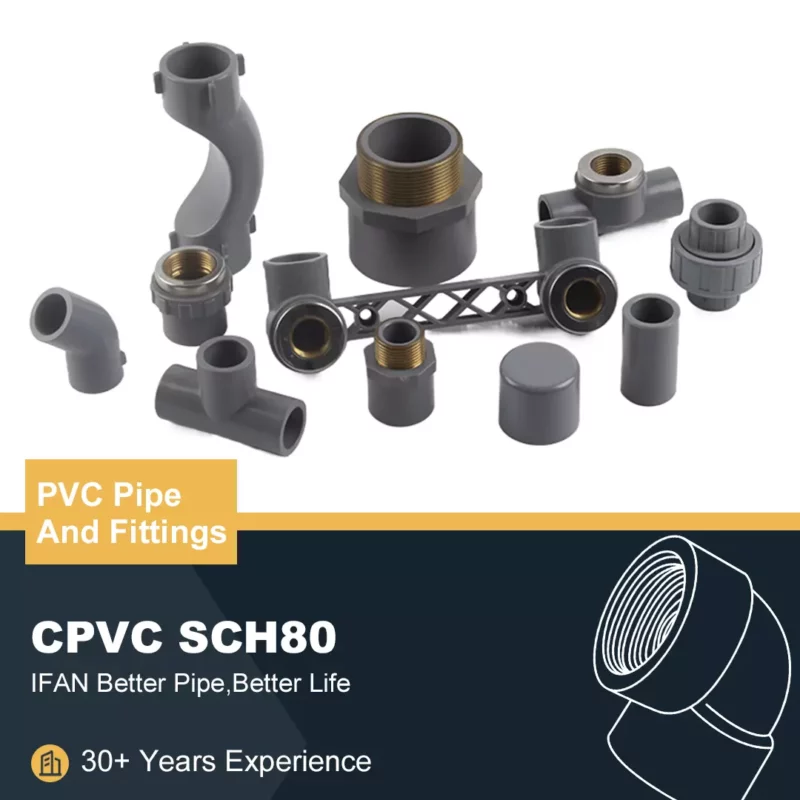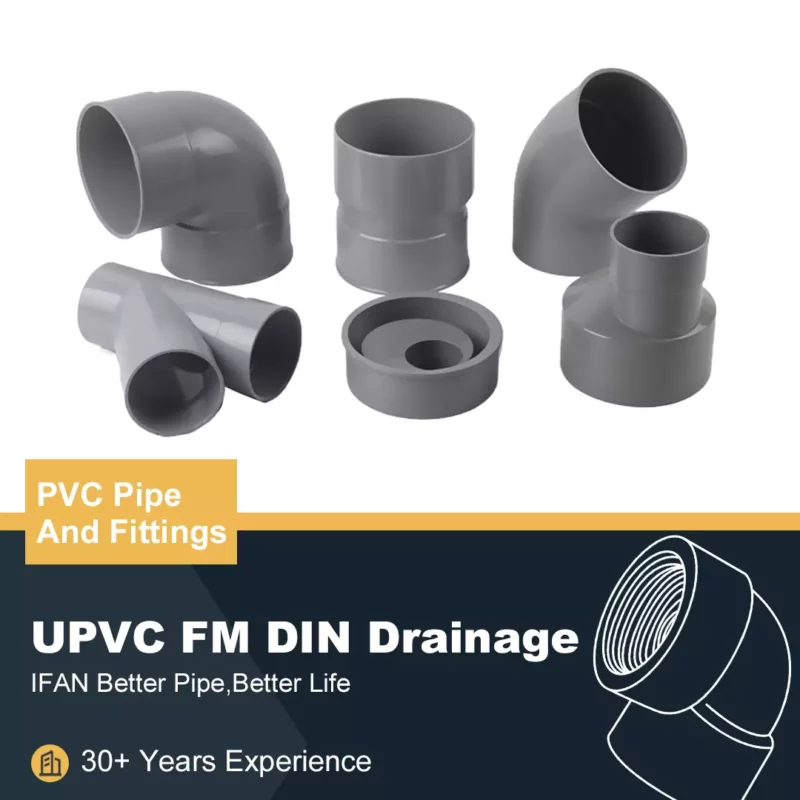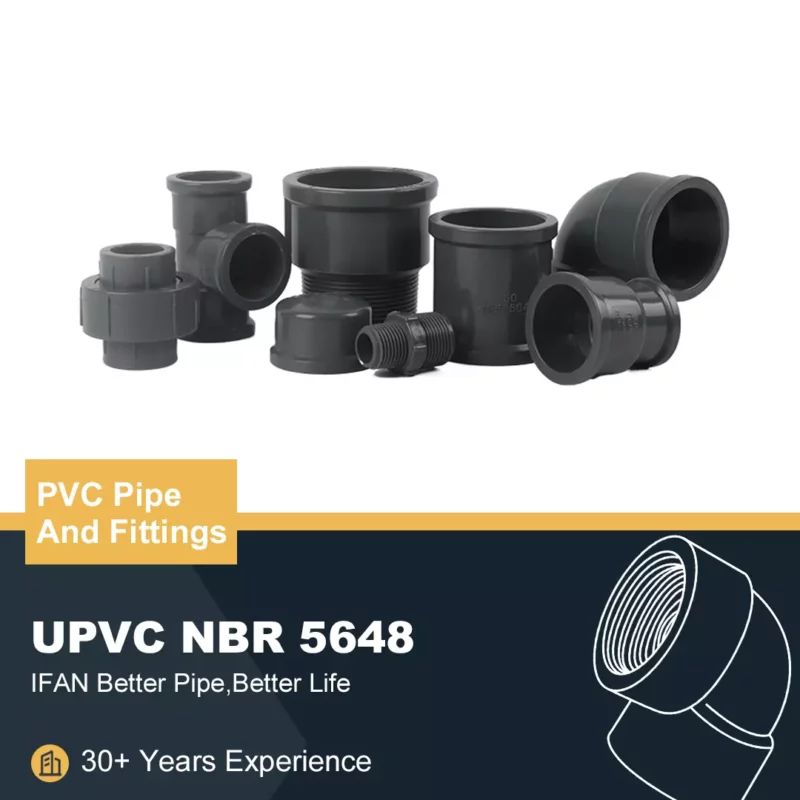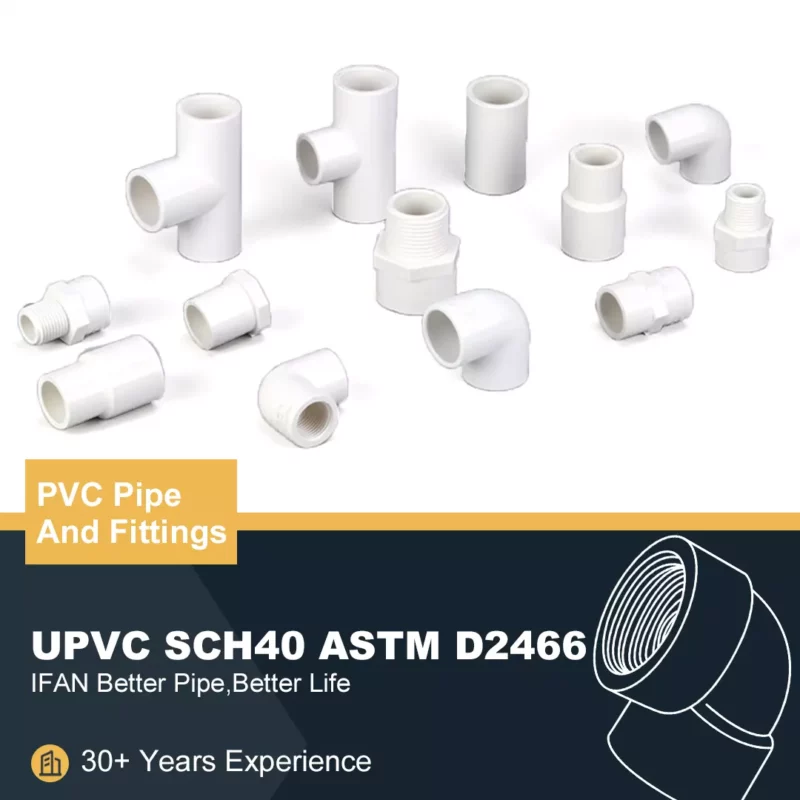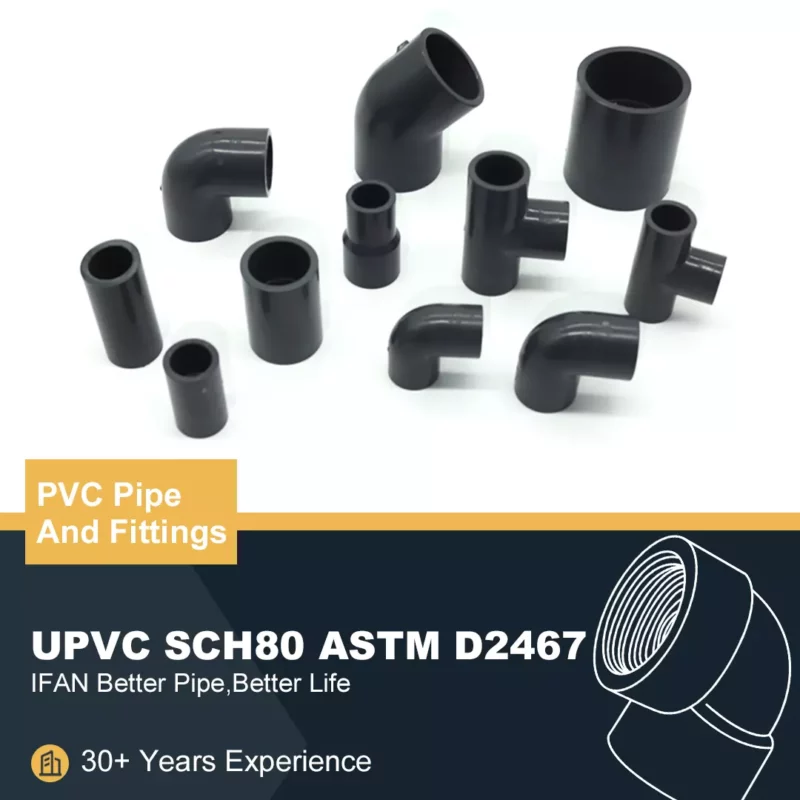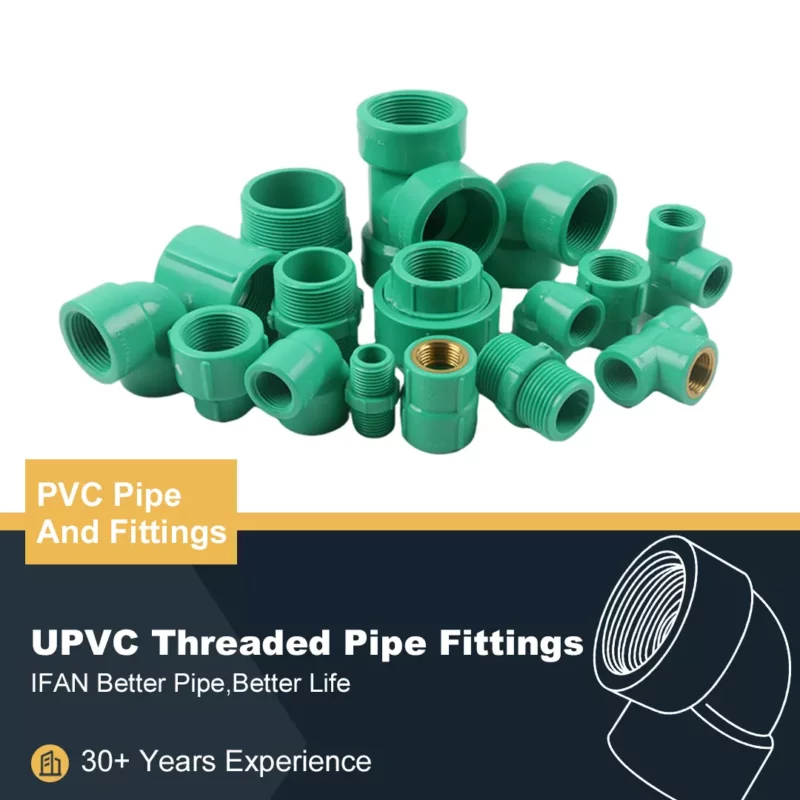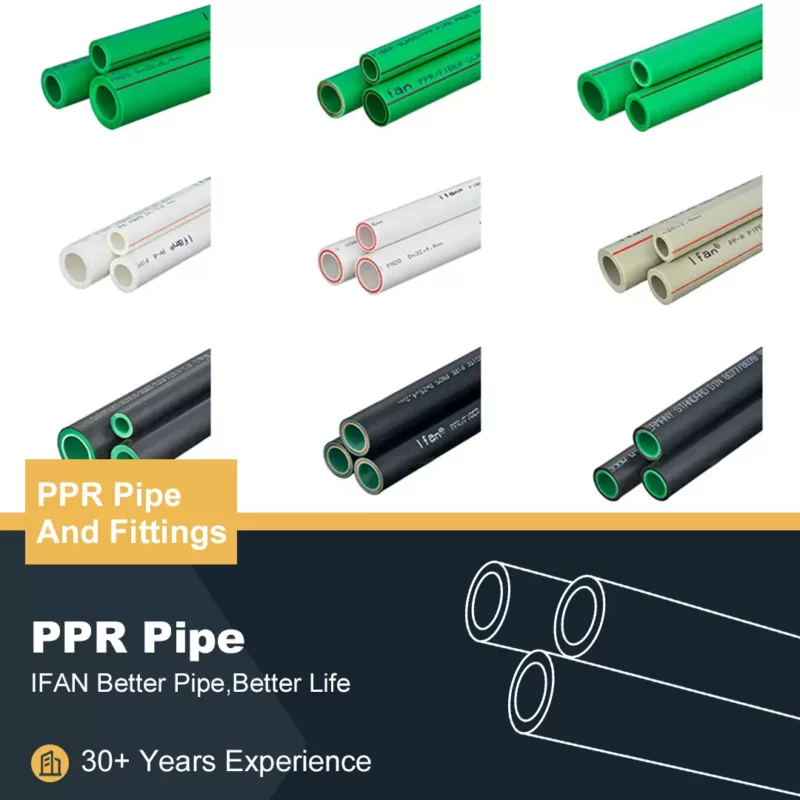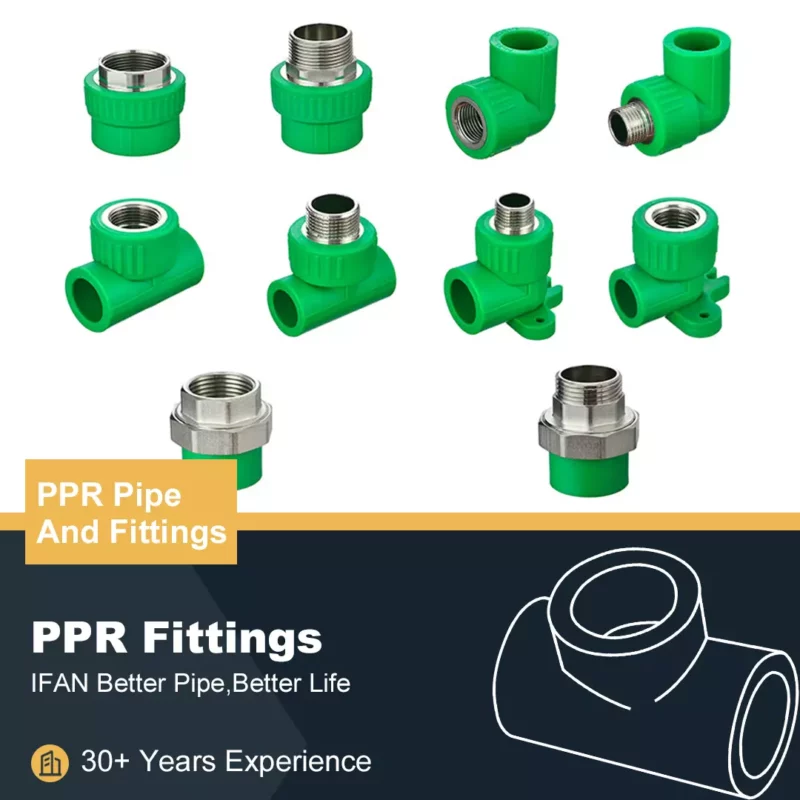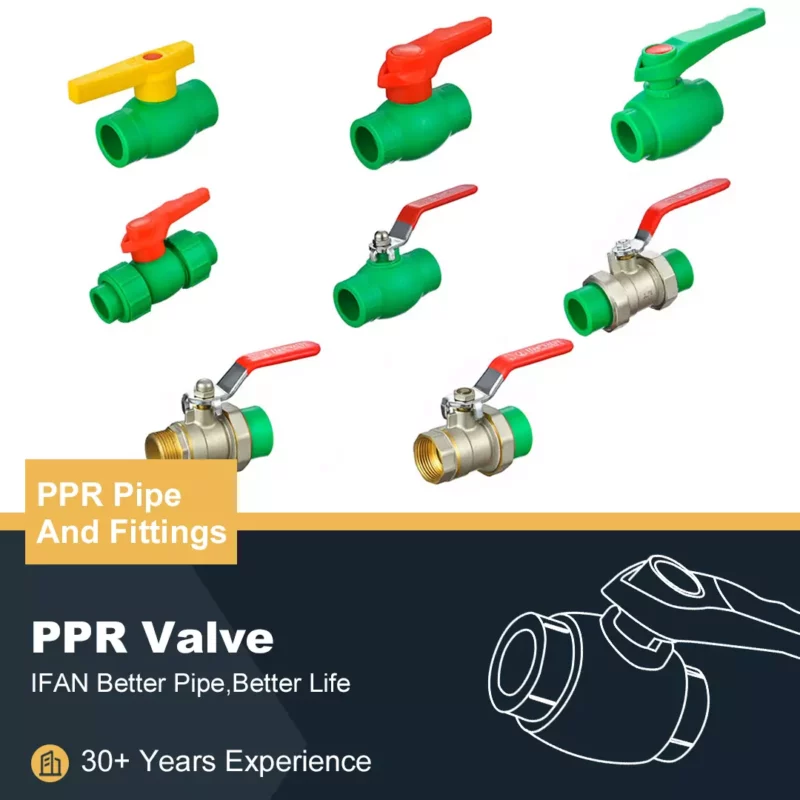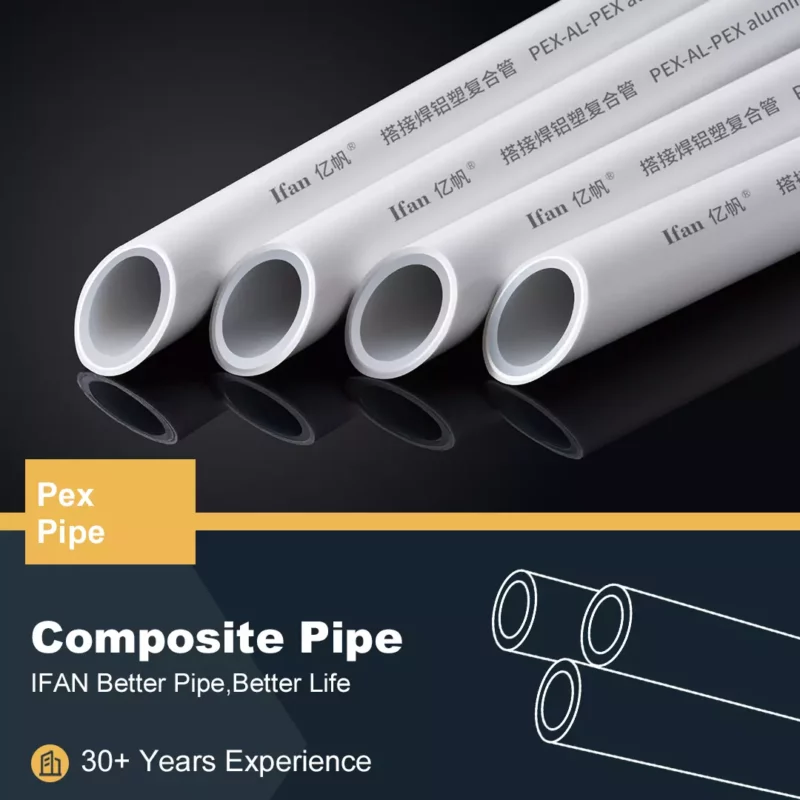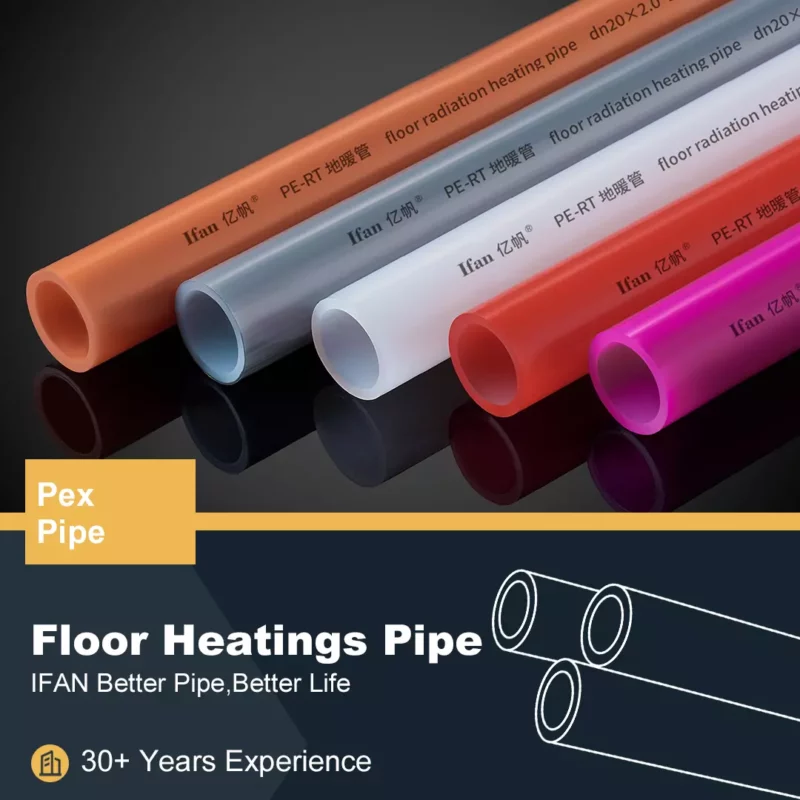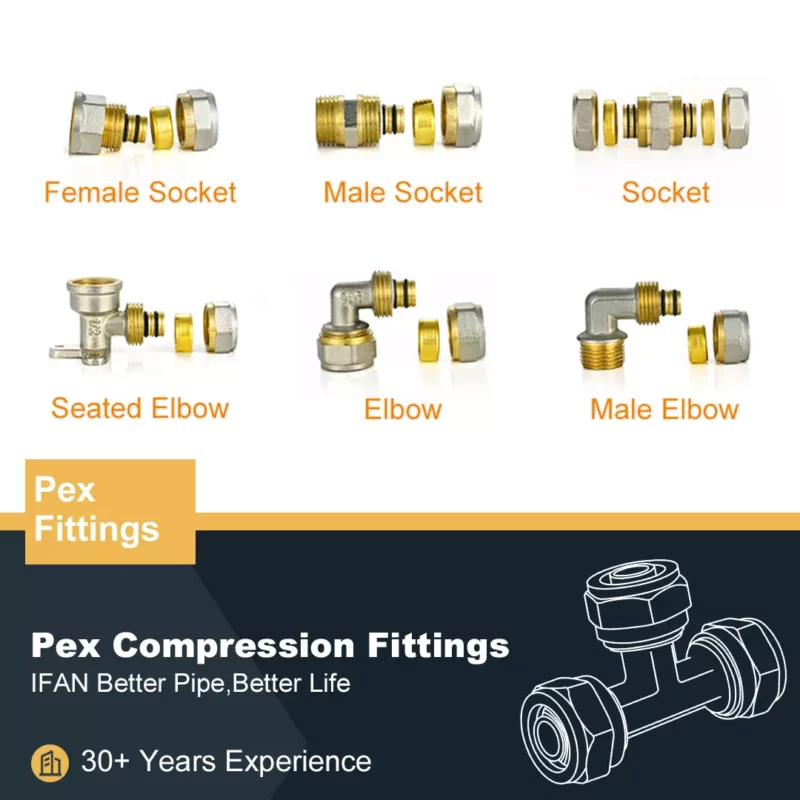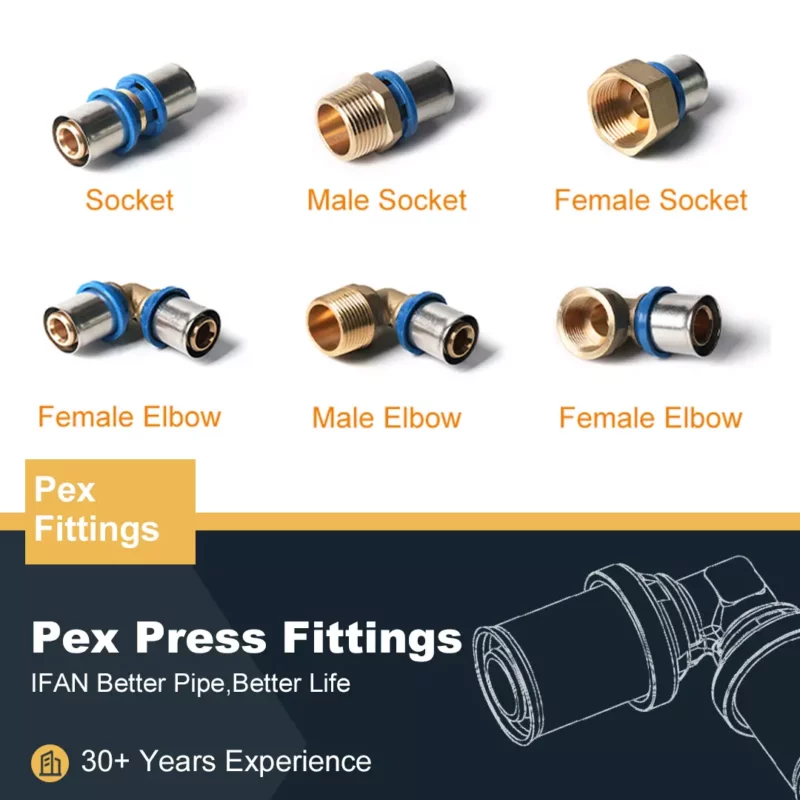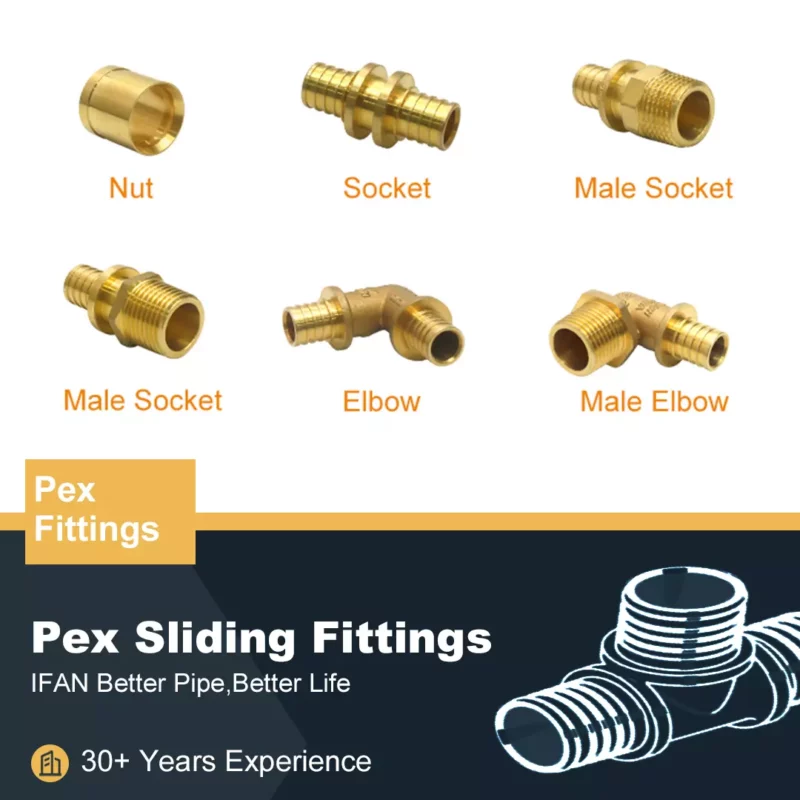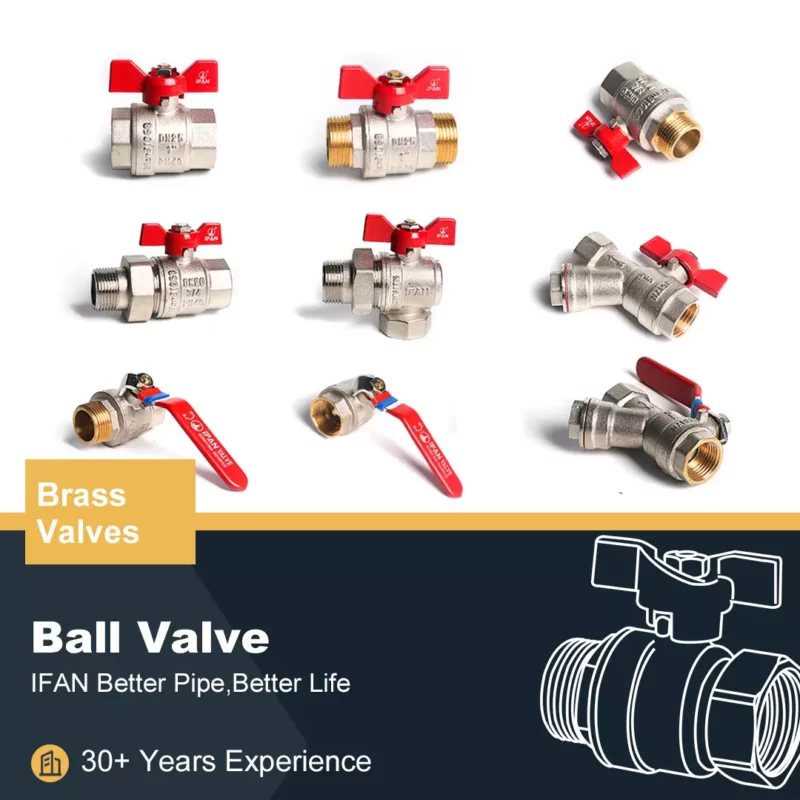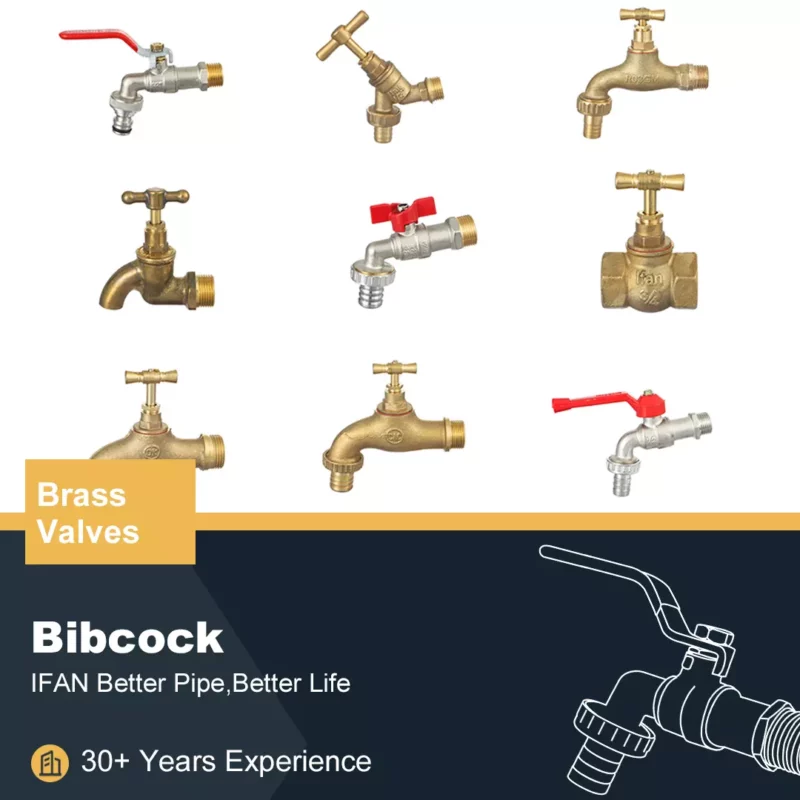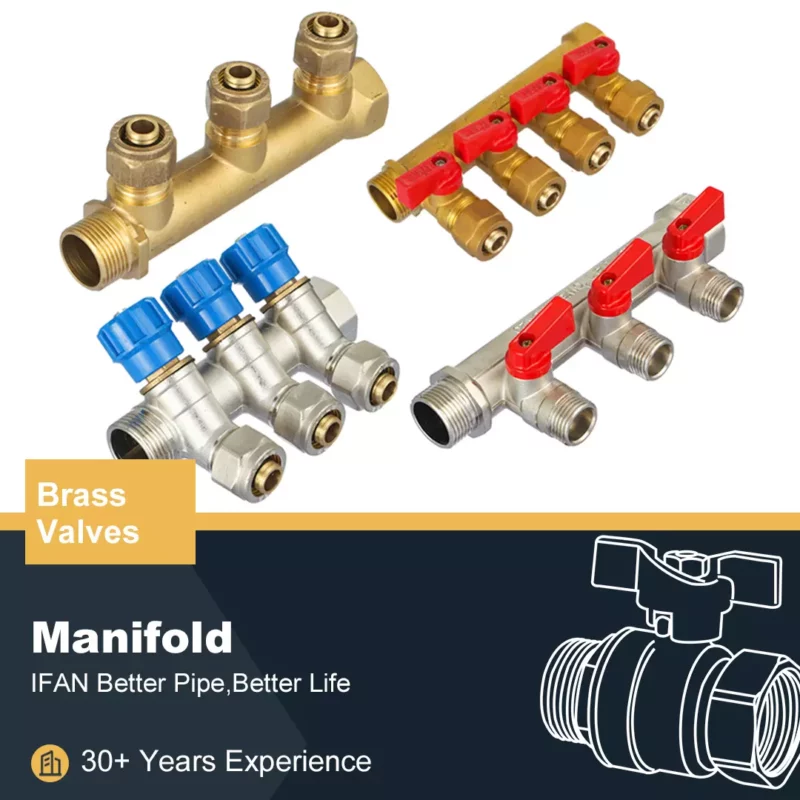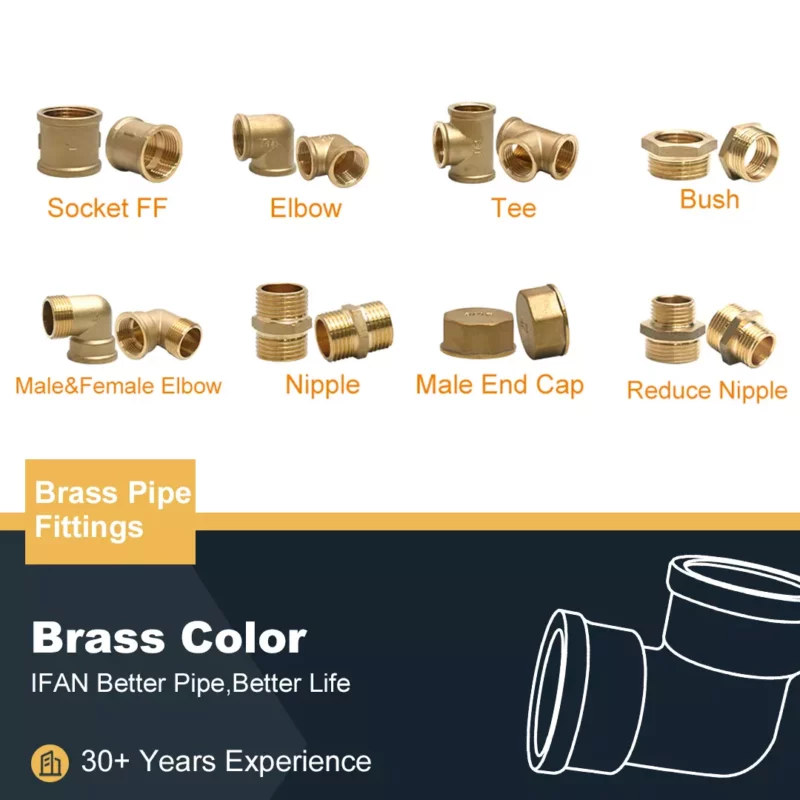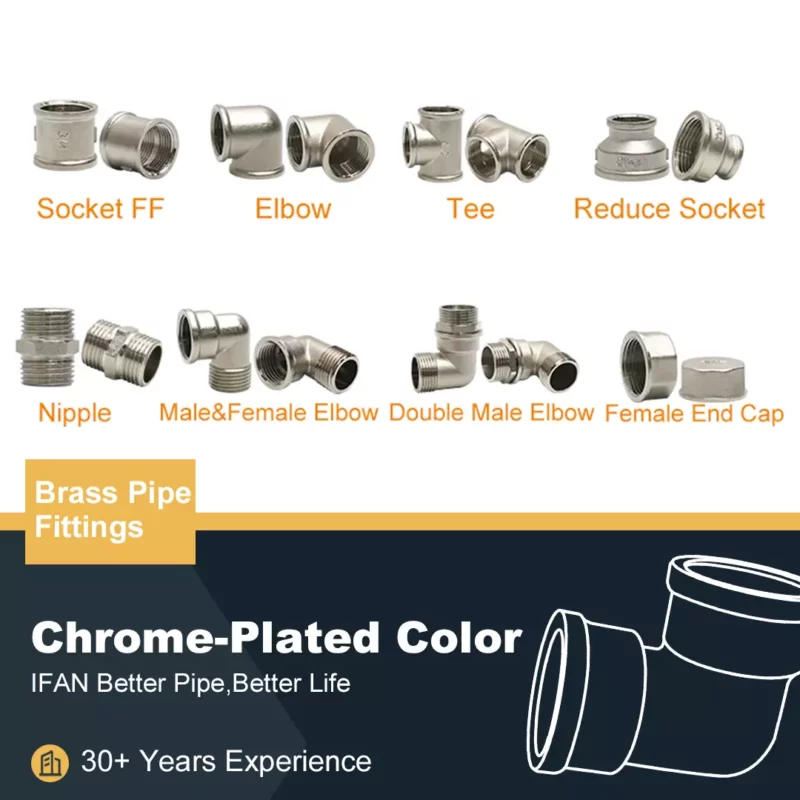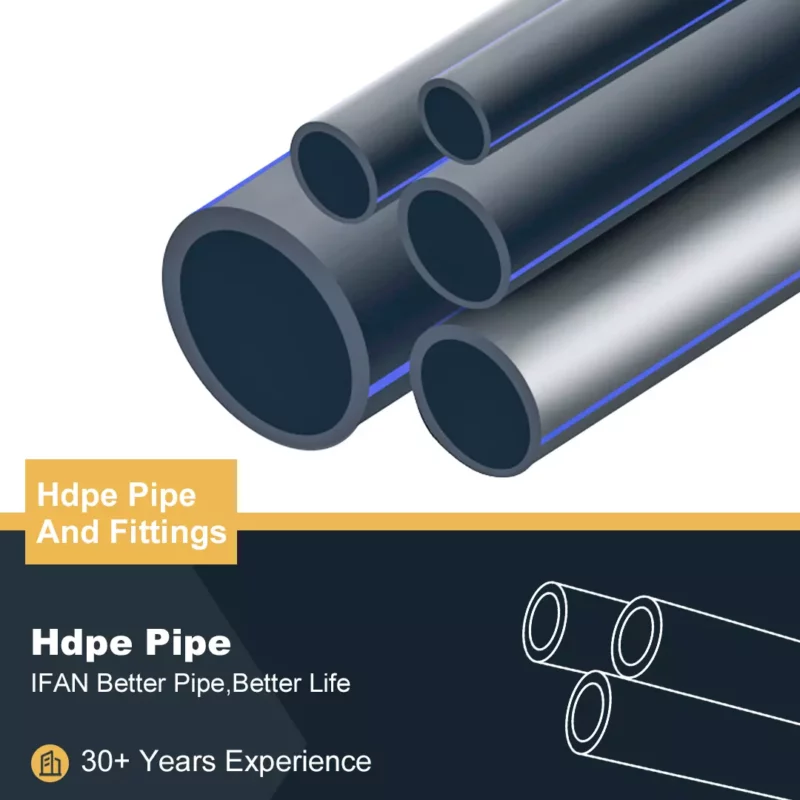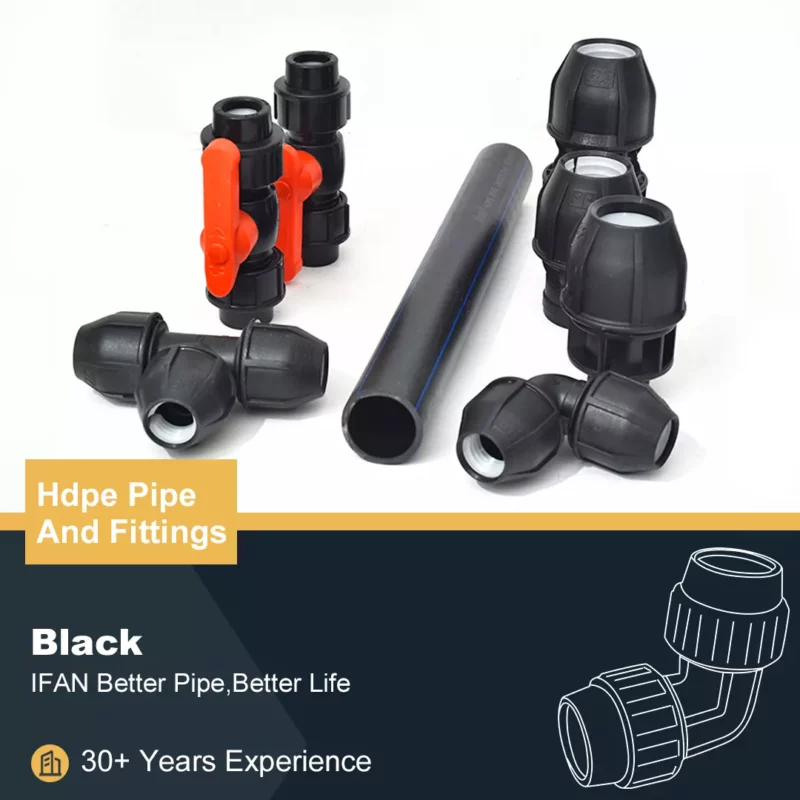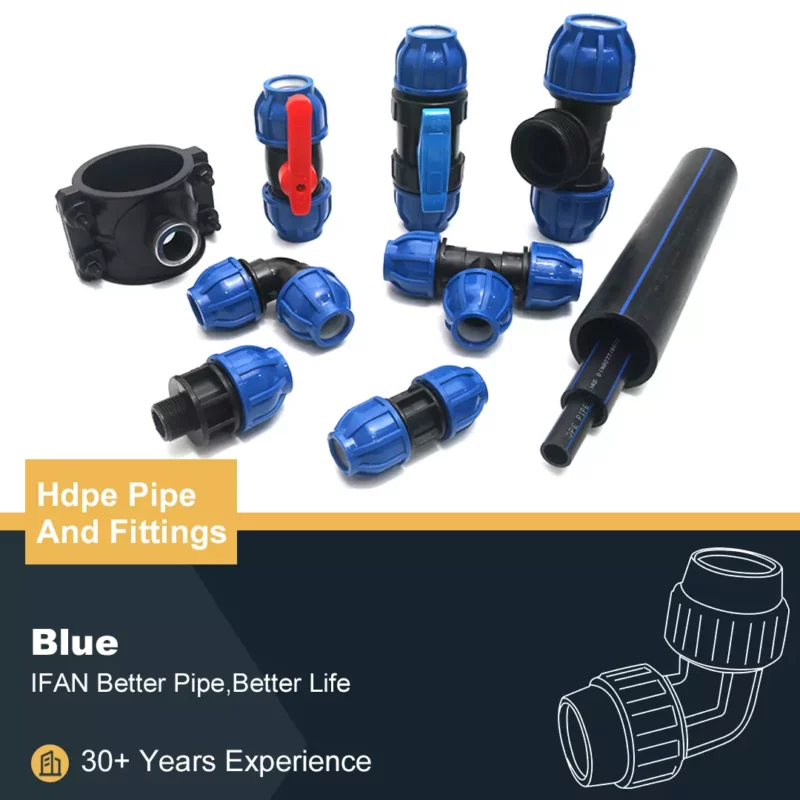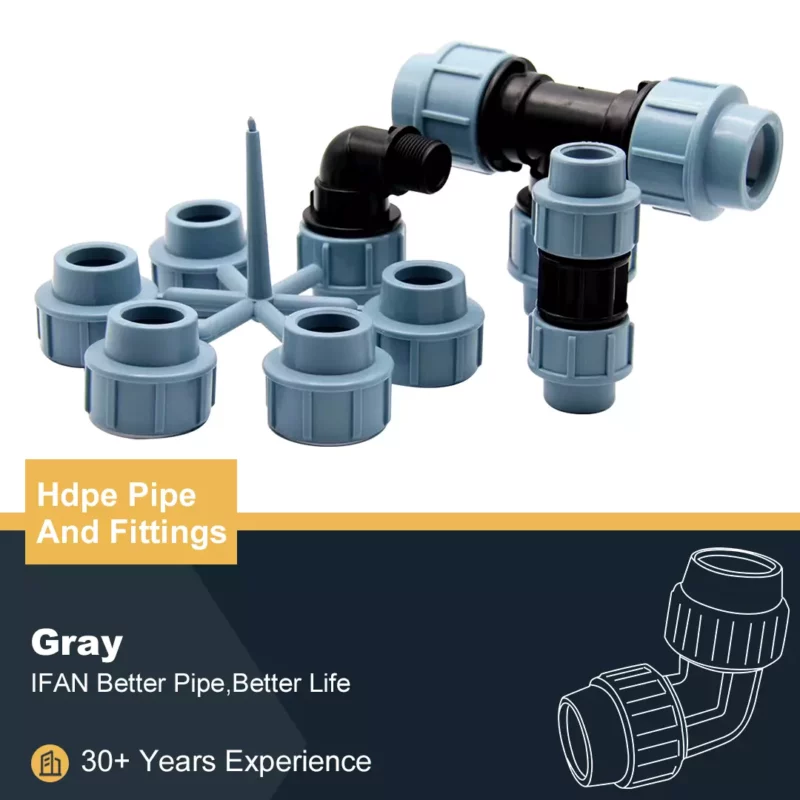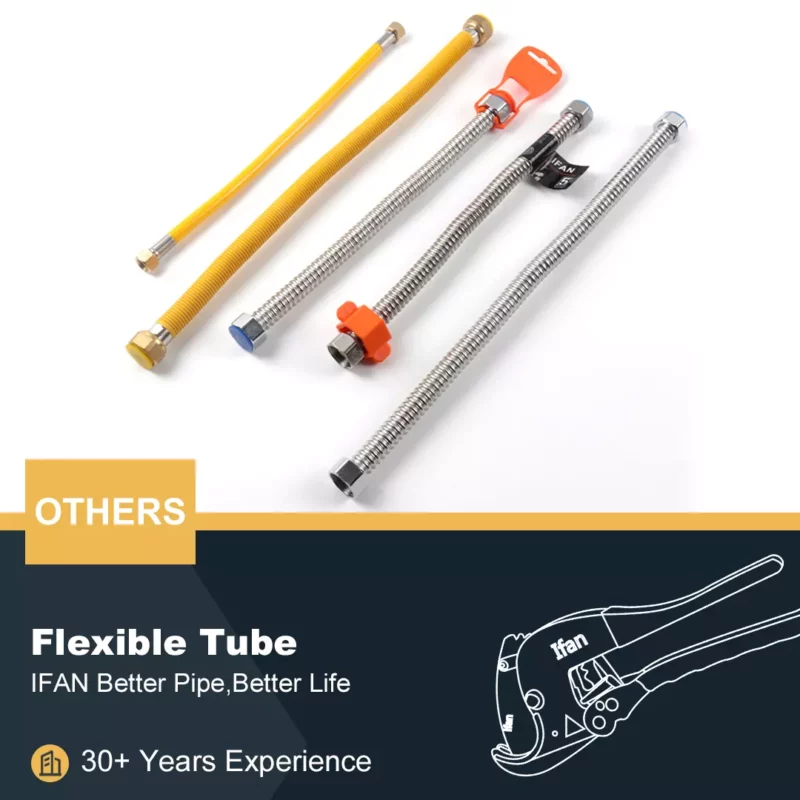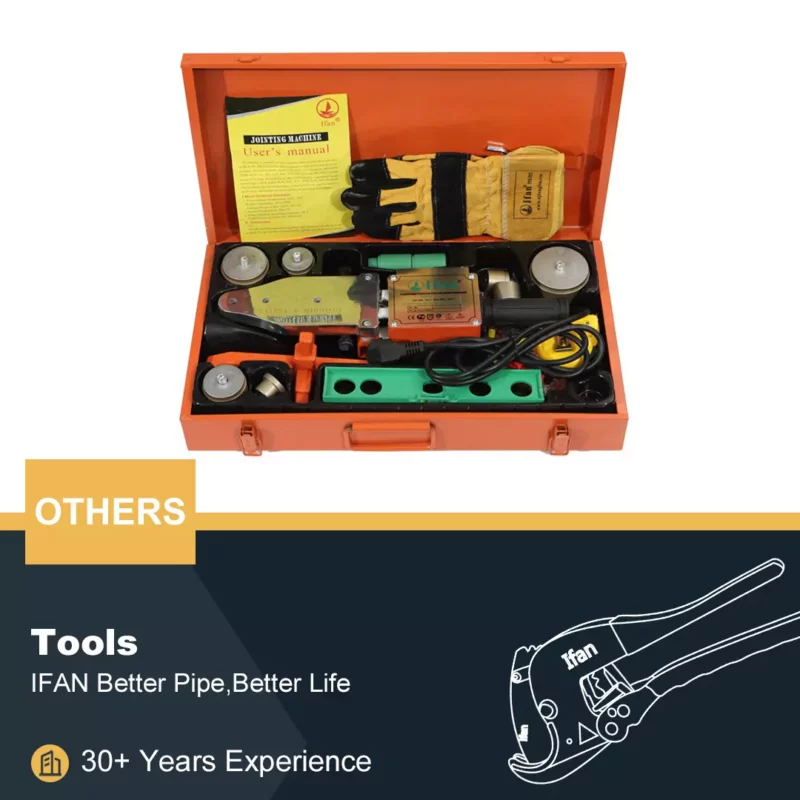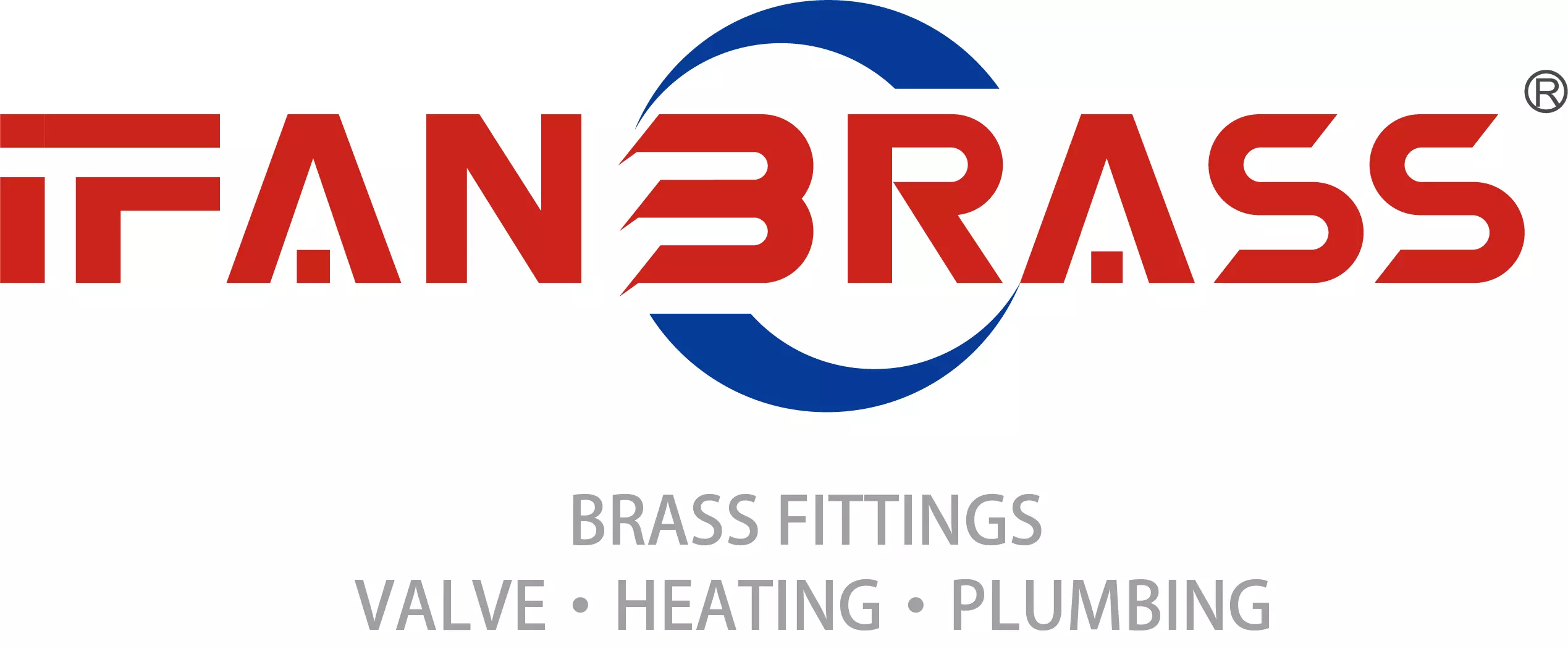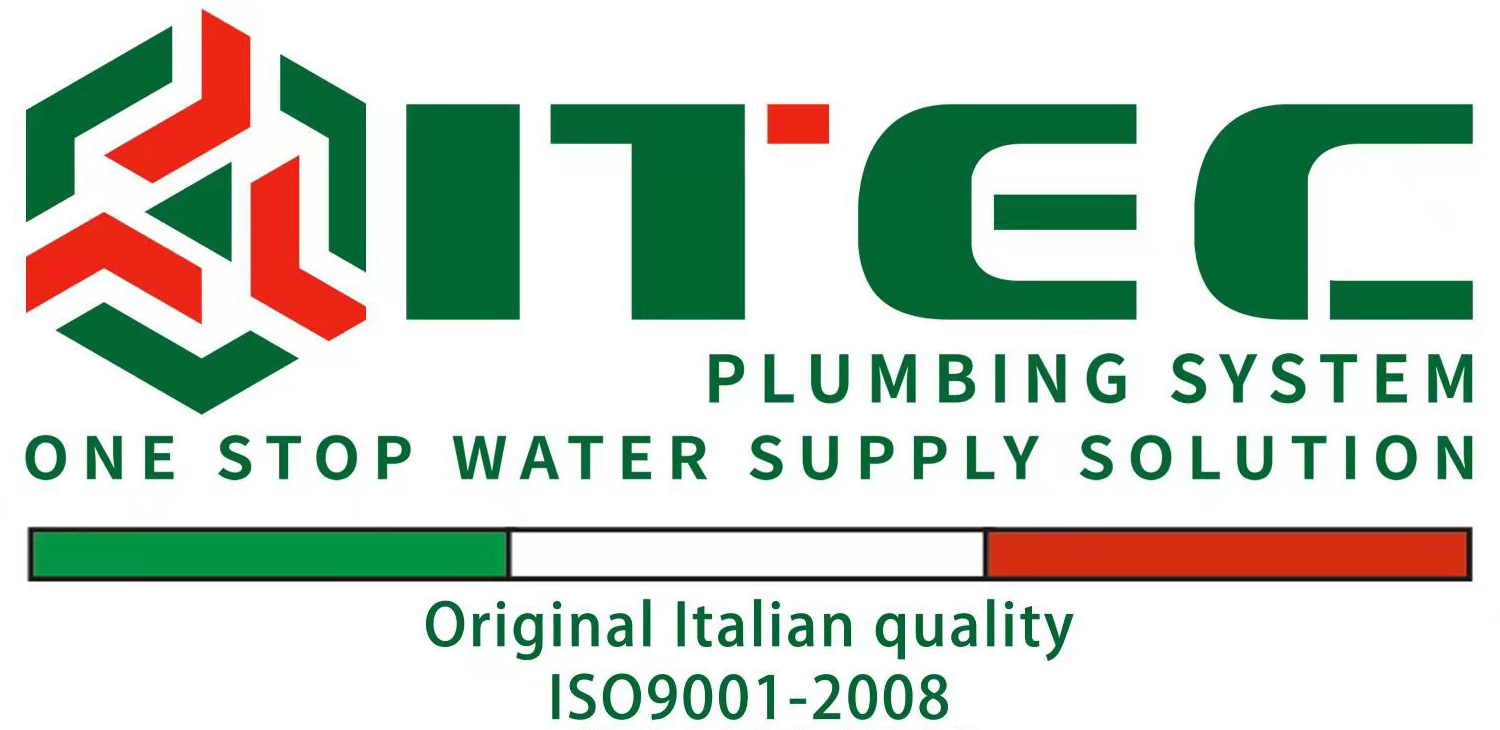Brass gate valves are essential components in various plumbing and industrial systems. They are used to control the flow of fluids by opening or closing the valve. Understanding their performance characteristics is crucial for selecting the right valve for a specific application.
Temperature Tolerance
Brass gate valves are designed to operate within a wide temperature range. Typically, these valves can handle temperatures from -20°F to 250°F. This range makes them suitable for many residential and industrial applications. For example, in a residential hot water system, a brass gate valve can effectively manage the flow of water at elevated temperatures without compromising performance. It is important to check the manufacturer’s specifications for the exact temperature limits to ensure proper functioning.
Pressure Rating
Pressure rating is a key performance characteristic of brass gate valves. Most brass gate valves are rated for pressures up to 200 PSI. This makes them appropriate for standard water and gas applications. For high-pressure systems, valves with higher pressure ratings or alternative materials might be required. For instance, a brass gate valve in a commercial water supply system needs to handle high pressures without failure. Ensuring that the valve’s pressure rating meets the system requirements is crucial for preventing leaks and damage.
Sealing Mechanism
The sealing mechanism in brass gate valves is vital for preventing leaks. These valves use a gate that slides between two seats to block or allow flow. The gate is often made of brass or a similar durable material, and the seats are designed to provide a tight seal. Over time, the sealing surfaces can wear out, potentially leading to leaks. Regular maintenance and inspection are necessary to ensure that the sealing mechanism remains effective. For example, in a high-use industrial setting, frequent checks can prevent costly downtime due to valve leaks.
Flow Control
Brass gate valves are primarily designed for on/off flow control. They fully open or close the flow path, providing minimal resistance when fully open. This makes them suitable for applications where a full flow is needed or where the valve is either fully open or closed. For instance, in a water distribution system, a brass gate valve can quickly shut off water supply during maintenance without significant pressure drop. However, for applications requiring precise flow regulation, other types of valves, such as globe or ball valves, may be more appropriate.
Durability and Material
Brass gate valves are known for their durability due to the high strength of brass. Brass is a combination of copper and zinc, offering good resistance to corrosion and wear. This makes brass gate valves suitable for many environments, including those with mild corrosive properties. For example, in a municipal water system, brass gate valves provide long-term reliability and performance. However, in highly corrosive environments, stainless steel or plastic valves might be better suited. Regular inspection helps ensure the longevity of the valve.
Corrosion Resistance
While brass gate valves offer good corrosion resistance, they are not immune to all types of corrosion. Brass is generally resistant to rust and corrosion from water and air. However, it can corrode in environments with high levels of salt or certain chemicals. For example, in coastal areas where saltwater is prevalent, brass valves might require additional protective coatings or maintenance. Understanding the environmental conditions where the valve will be used helps in selecting the right material or protective measures to enhance durability.
Maintenance and Longevity
Proper maintenance is crucial for the longevity of brass gate valves. Regular inspection helps identify issues such as leaks, wear, or corrosion early. Lubrication of moving parts and cleaning of sealing surfaces can extend the valve’s lifespan. For instance, in a high-traffic industrial setting, periodic maintenance can prevent unexpected valve failures and ensure smooth operation. Following the manufacturer’s maintenance guidelines and conducting routine checks helps in keeping the valve in optimal working condition.
Installation Considerations
Correct installation of brass gate valves is essential for optimal performance. These valves are typically installed using threaded or flanged connections. Proper alignment and tightening are crucial to avoid leaks and ensure a secure fit. For example, during installation in a piping system, using the correct tools and techniques can prevent damage to the valve and ensure a reliable seal. Following installation instructions and industry standards ensures that the valve functions as intended.
Applications and Suitability
Brass gate valves are suitable for a wide range of applications, including residential water supply, HVAC systems, and industrial processes. Their ability to handle high pressures and temperatures makes them versatile. For instance, in a residential water system, a brass gate valve can control the main water line with reliability. In industrial applications, these valves can manage fluid flow in machinery and equipment. Selecting the appropriate valve based on the application’s requirements ensures efficient and safe operation.
Regulatory Standards
Brass gate valves must meet specific regulatory standards to ensure their performance and safety. Standards such as ANSI/ASME provide guidelines for the design, testing, and performance of valves. Compliance with these standards guarantees that the valve will perform reliably and safely in its intended application. For example, valves used in potable water systems must meet NSF/ANSI standards for drinking water safety. Choosing valves that adhere to recognized standards helps in maintaining system integrity and safety.
Conclusion
In summary, the performance characteristics of brass gate valves include temperature tolerance, pressure rating, sealing mechanism, flow control, durability, and corrosion resistance. Understanding these features helps in selecting the right valve for various applications. Regular maintenance and adherence to installation and regulatory standards ensure that brass gate valves perform effectively and have a long service life. By considering these factors, you can ensure reliable and efficient operation in your plumbing or industrial system.
If you have read this article and have any questions, please feel free to contact IFAN. Below is our contact information:
Whatsapp:+86 13373827623
Email:[email protected]

